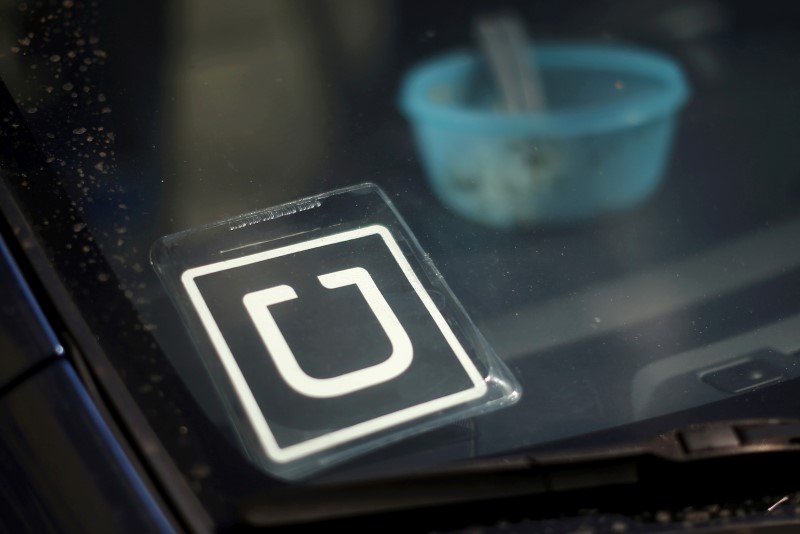By Julia Fioretti
BRUSSELS (Reuters) - Services such as ride-hailing app Uber [UBER.UL] and home-rental site Airbnb should only be banned as a last resort, the European Union executive said on Thursday, as it seeks to foster development of the "sharing economy".
In its new guidelines, the European Commission said any restrictions by EU member states on these online services should be proportionate to the public interest at stake.
"Absolute bans and quantitative restrictions should only be used as a measure of last resort," the Commission said in a statement.
The guidelines are good news for the likes of Uber and Airbnb, which have faced outright bans or restrictions in some cities as established industry players complain of unfair competition.
The Commission also said such services should not be subject to additional sector-specific rules - for example hotel and taxi regulations - unless they own assets and set the final price. However, they should pay taxes like other service providers.
Airbnb, founded in 2008, and Uber, launched a year later, both grew up in the hot-house San Francisco Internet scene. From the outset, they faced regulatory battles across the United States, and, more recently, around the world.
Both have become favourite targets of local officials and rival trade groups in Europe, which has a tradition of strong social oversight.
Airbnb, for example, has faced criticism from city officials in Barcelona and Paris, who say it has driven up property rents.
In the sharing economy, customers use the Internet to contract services such as ride-sharing, where amateur drivers displace professional taxis, or home-sharing, which reduces hotel demand.
Commission Vice-President Jyrki Katainen said the collaborative economy could produce Europe's next unicorn, or start-up company valued at more than $1 billion.
"Our role is to encourage a regulatory environment that allows new business models to develop while protecting consumers and ensuring fair taxation and employment conditions," he said.
Taxi drivers have staged high-profile protests against Uber in France, Britain, Portugal, Spain and many other European countries since 2014.
Last year, French prosecutors raided Uber's Paris offices in a showdown over whether the company was violating a law to curtail online taxi services.
One dispute between Uber and local authorities is whether it is a digital service or a transport service that would face more onerous rules on driver qualifications, road rules and insurance. The EU's highest court is set to rule on the issue later this year or next.

The Commission said it would use the guidelines to ensure that any national legislation does not violate the EU treaties, a veiled threat to any government seeking to impose overly restrictive measures on the sharing economy.
(editing by Barbara Lewis)